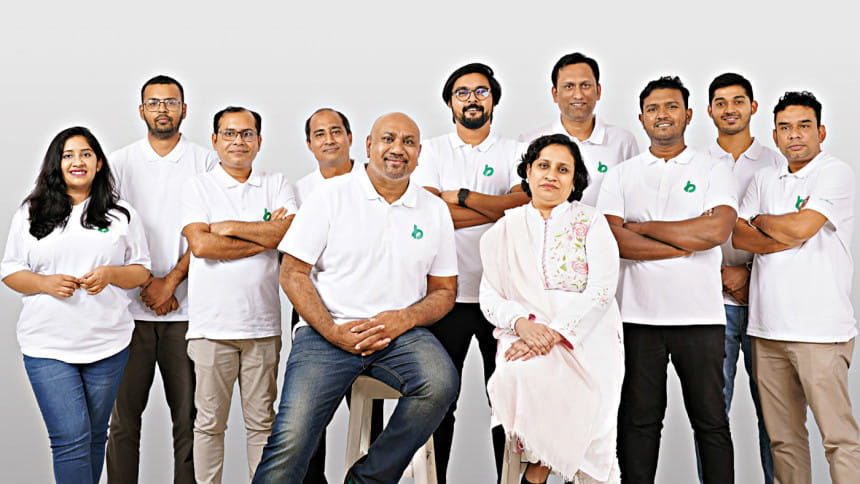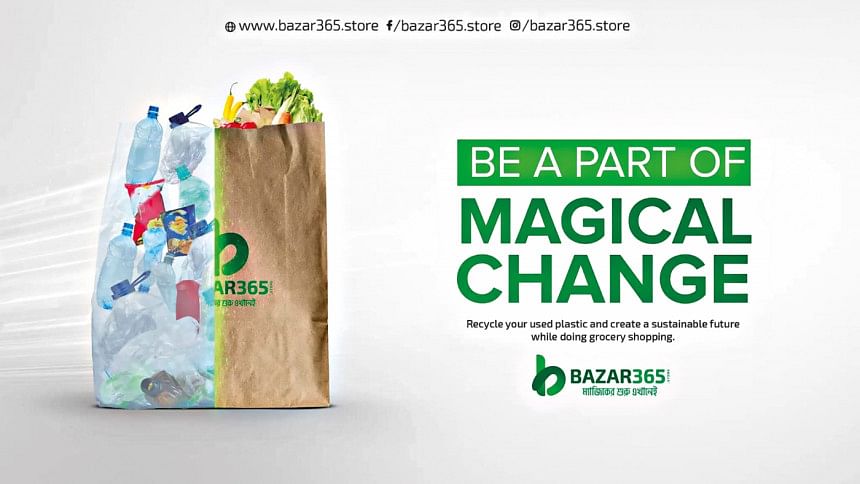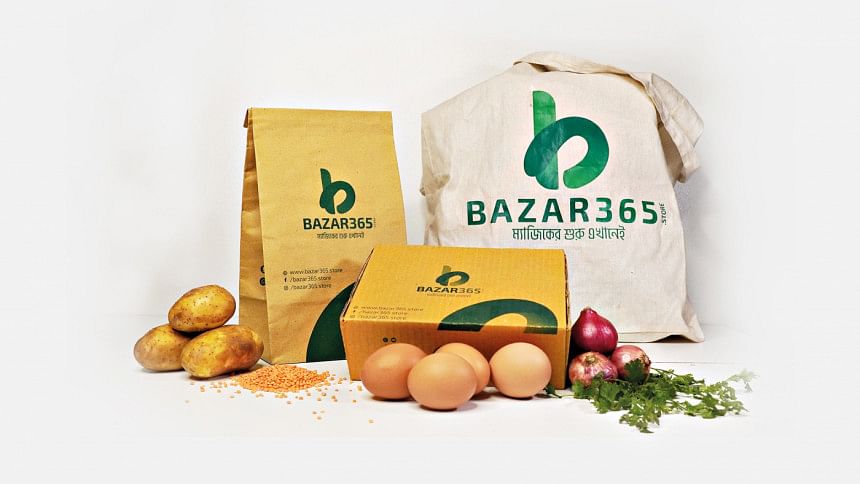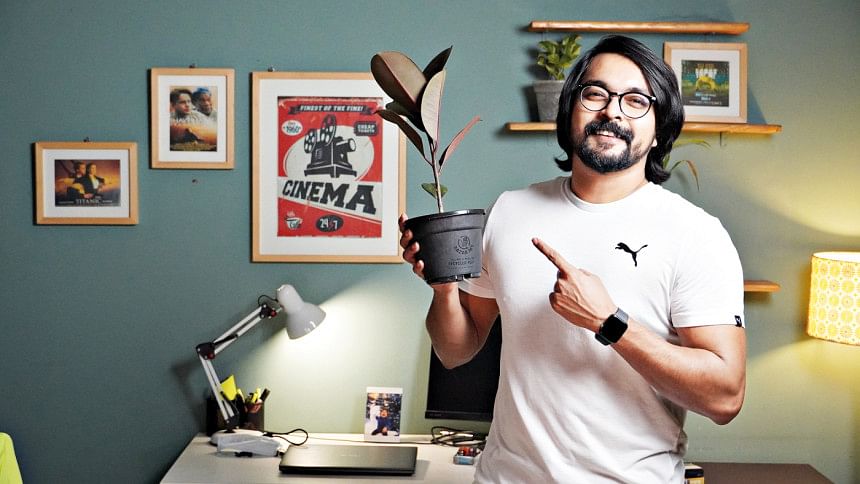Bazar365: Reimagining grocery shopping with green technology

The pandemic acted as a catalyst for all e-commerce industries in Bangladesh. Therefore, it came as no surprise when it helped the grocery e-commerce business to grow ten folds in a matter of months.
Consumers are now looking beyond the key motivators of online grocery shopping during COVID-19 - convenience and safety, to aspects like the freedom to shop and receive deliveries whenever it is convenient for them, as well as the time and effort saved by not having to go to a store and deal with open hours of traffic. Moreover, they are also looking for ways to reduce their waste production while shopping online. This shift in consumer expectations across all socioeconomic demographics shows the importance of meeting their preferences and needs in all aspects of their lives, from recreational needs to the fulfilment of their most basic dietary necessities to providing environmentally-friendly options.

Planning and implementing sustainable consumption strategies using generally accepted technology while abiding by consumers' financial capacity and social practices can be the most effective way to contribute to building food and nutrition security and reducing food and plastic waste in Bangladesh, where the challenges of supplying fresh produce, minimising plastic pollution, and guaranteeing a healthy environment are getting more difficult. This is where Bazar365 comes into the playing field.
Bazar365 is the first environmentally-friendly online grocery store in the country. It offers daily groceries and household goods to its customers, accepts plastics in exchange for discounts, and recycles plastics with its partners to decrease plastic pollution.
As Bangladesh's first online grocery store with a green technology focus, Bazar365 has gained a great deal of attention in the startup community. For the past one and a half years, the online grocery store has been successfully offering services to the greatest extent possible.

From grocery items like fresh fruits and vegetables to personal care items, Bazar365 provides its customers with their desired products with the push of a button. Currently, Bazar365 operates all over the capital of Bangladesh, Dhaka city. It aims to expand its services all over the country, with 8 divisional headquarters that will serve as the regional hubs for the local citizens.
Moreover, Bazar365 has made ground-breaking strides to minimise the negative impact that plastic pollution has on the environment. To prevent plastic waste from being misused and dumped everywhere, Bazar365 has provided consumers with the incredible opportunity to return plastic waste in return for redeemable rewards points, which they can use to avail discounts.

To maintain sustainable practices, Bazar365 is improving its packaging as well. For grocery shopping, it offers three different sizes of paper bags. It is also using biodegradable polybags for the delivery of perishable goods. Moreover, Bazar365 is also working on making biodegradable delivery bags.
The online grocery store also started making plant pots out of the plastics that the customers had returned them. It is also developing additional goods with recycled plastic. Regarding the toxicity of plastic, Bazar365 is doing its part and constantly spreading the word about the harmful impacts of plastic pollution and raising awareness among the masses.
Since it started its operations around a year and a half ago, Bazar365 has received positive reviews from its customers for its impeccable product quality and engaging customer service. Bazar365 has catered to over 10 thousand customers so far and received roughly 330 pounds of plastic, which have been recycled within this period.
Time, so they say, is a healer. Does it heal everything though? Even if it did, relying just on time to clean up the pollution we have caused on the globe, particularly in a densely populated city like Dhaka, is not enough. The magic that Bazar365 is introducing to the people of the country will surely inspire new ideas in our minds about how we can better support mother nature while shopping sustainably.

 For all latest news, follow The Daily Star's Google News channel.
For all latest news, follow The Daily Star's Google News channel. 



Comments